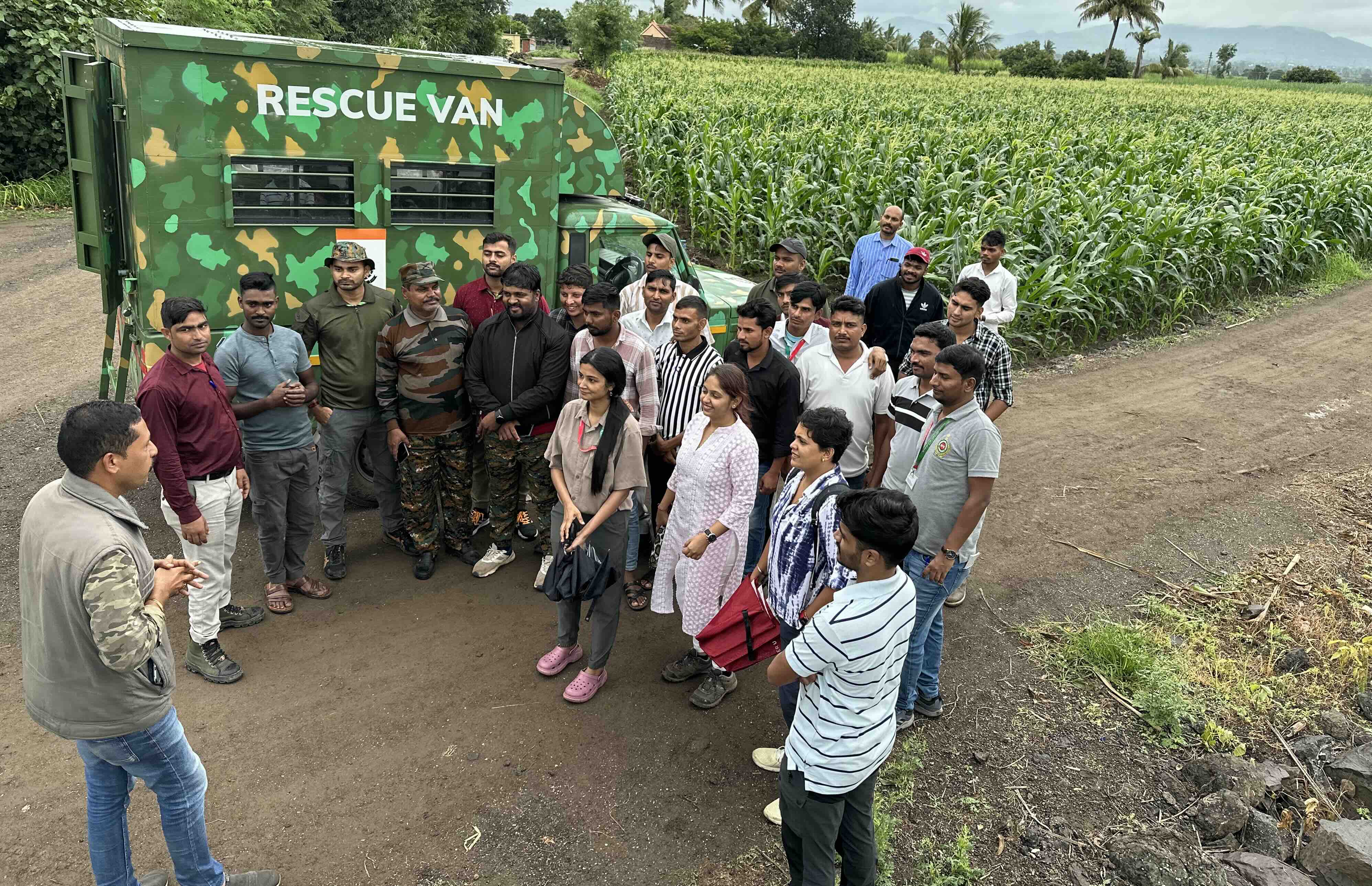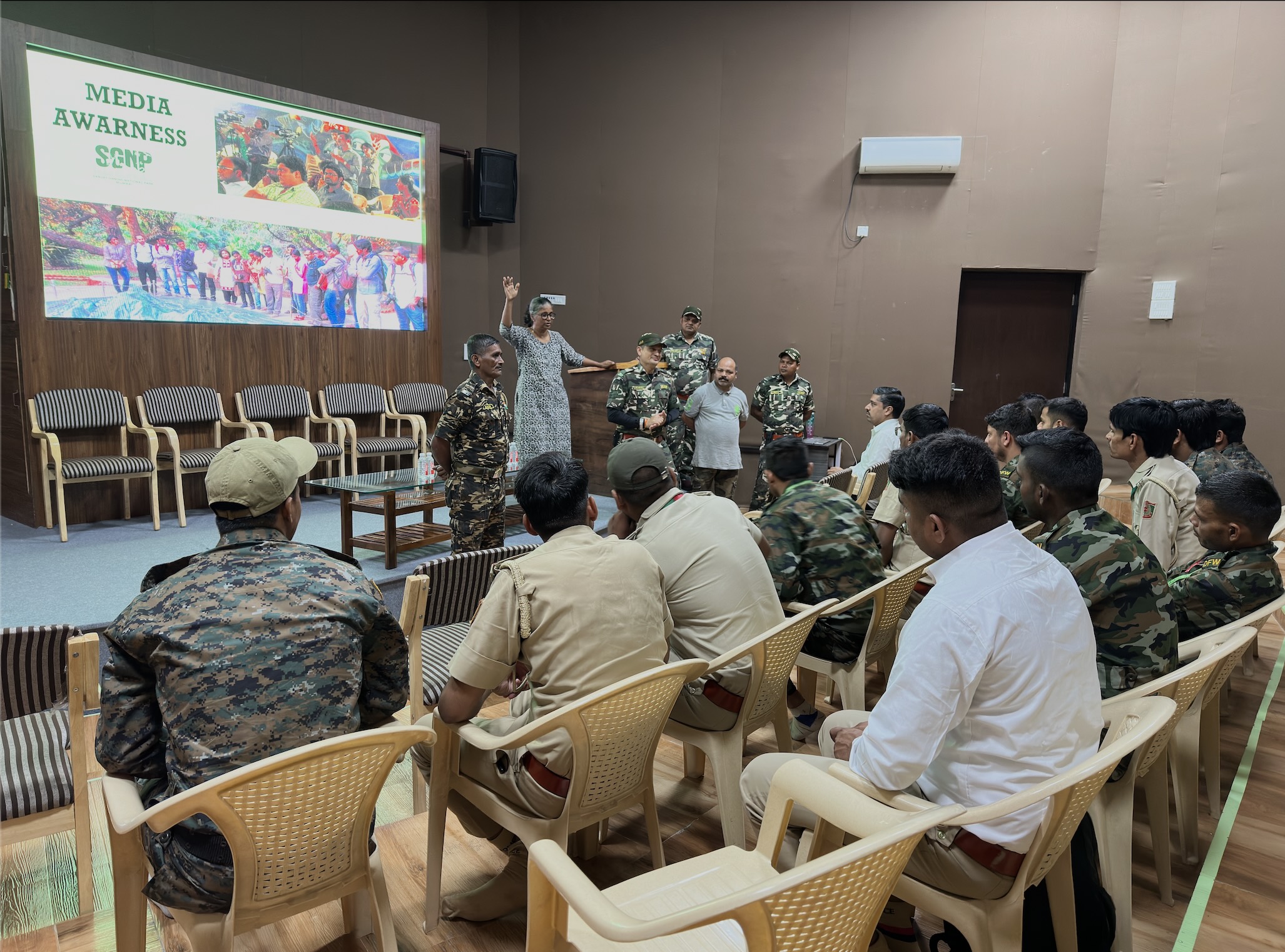Human-wildlife conflict and coexistence present a significant challenge in conservation, particularly in urban and peri-urban environments where humans and wildlife interact closely. It is a “wicked problem” that is affected by complex variables and without a single or simple solution. However, the importance of proactive engagement with the stakeholders is known to be extremely important in reducing conflict. Therefore, can we prevent damage from wildlife rather than only respond to the problem?

Species like leopards have been seen to share spaces with humans even at the edges of densely populated cities creating a potential for conflict. Our work in Mumbai over the past fifteen years has greatly contributed to our understanding of these dynamics. We dealt with the issue by developing a deeper knowledge of animal behaviour, the use of scientific evidence to guide interventions, a collaborative approach involving key stakeholders, and fostering community awareness. These can be crucial in building stronger, more resilient human-wildlife relationships - all proactive interventions that lead to positive conservation action and change.

The Collaborations for Conservation project builds on the valuable insights and outcomes of the Mumbai model and emphasises the importance of partnerships. Our goal is to improve the management of human-wildlife conflict in urban and peri-urban landscapes across India by promoting a sensitive, evidence-driven approach among key stakeholders. This initiative highlights the need for a proactive multidisciplinary approach to addressing the challenges posed by human-wildlife interactions in shared landscapes.